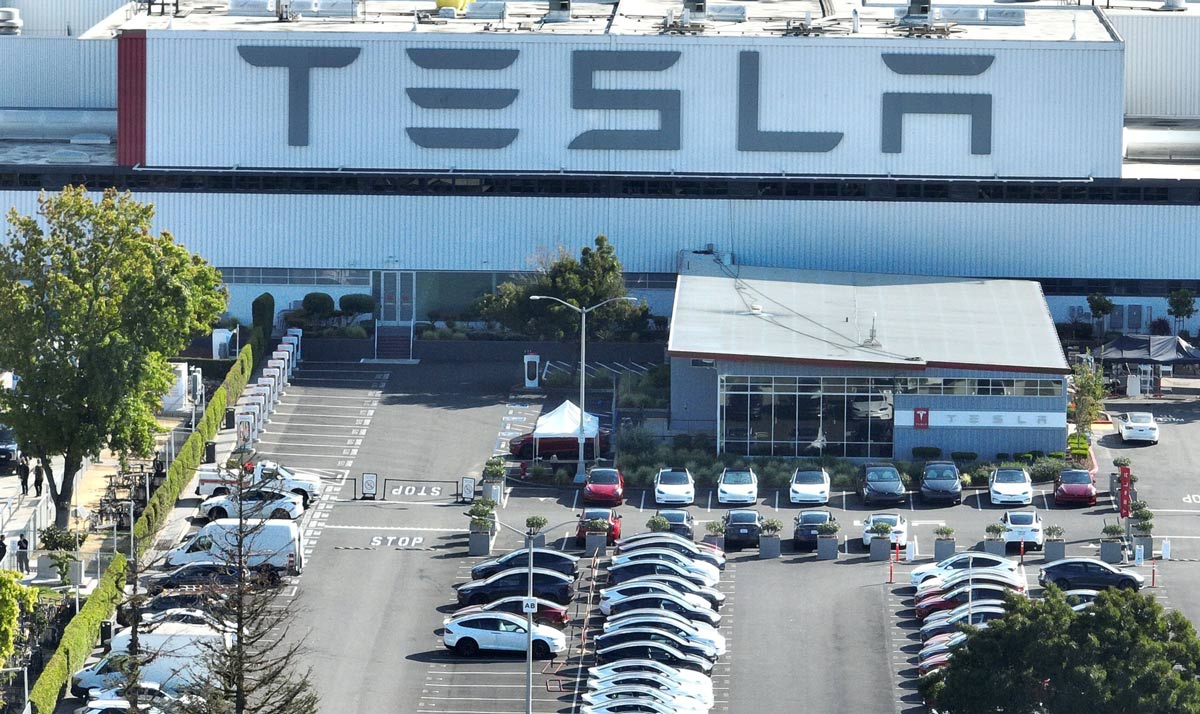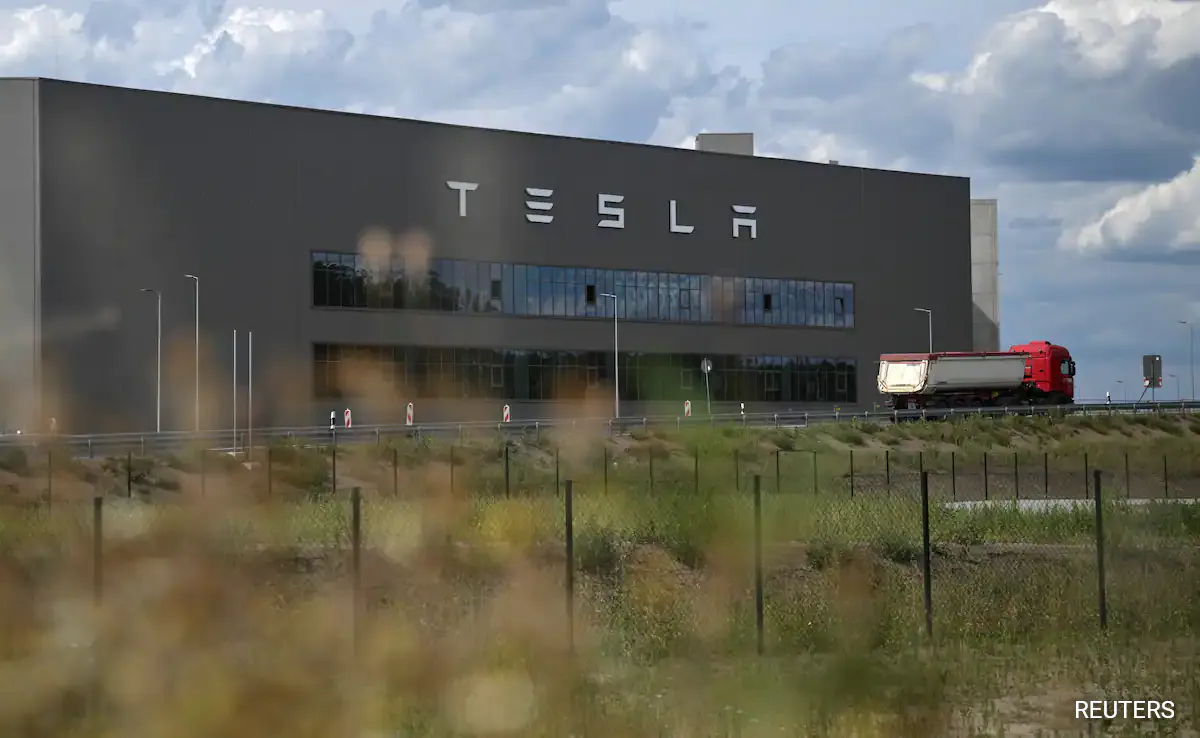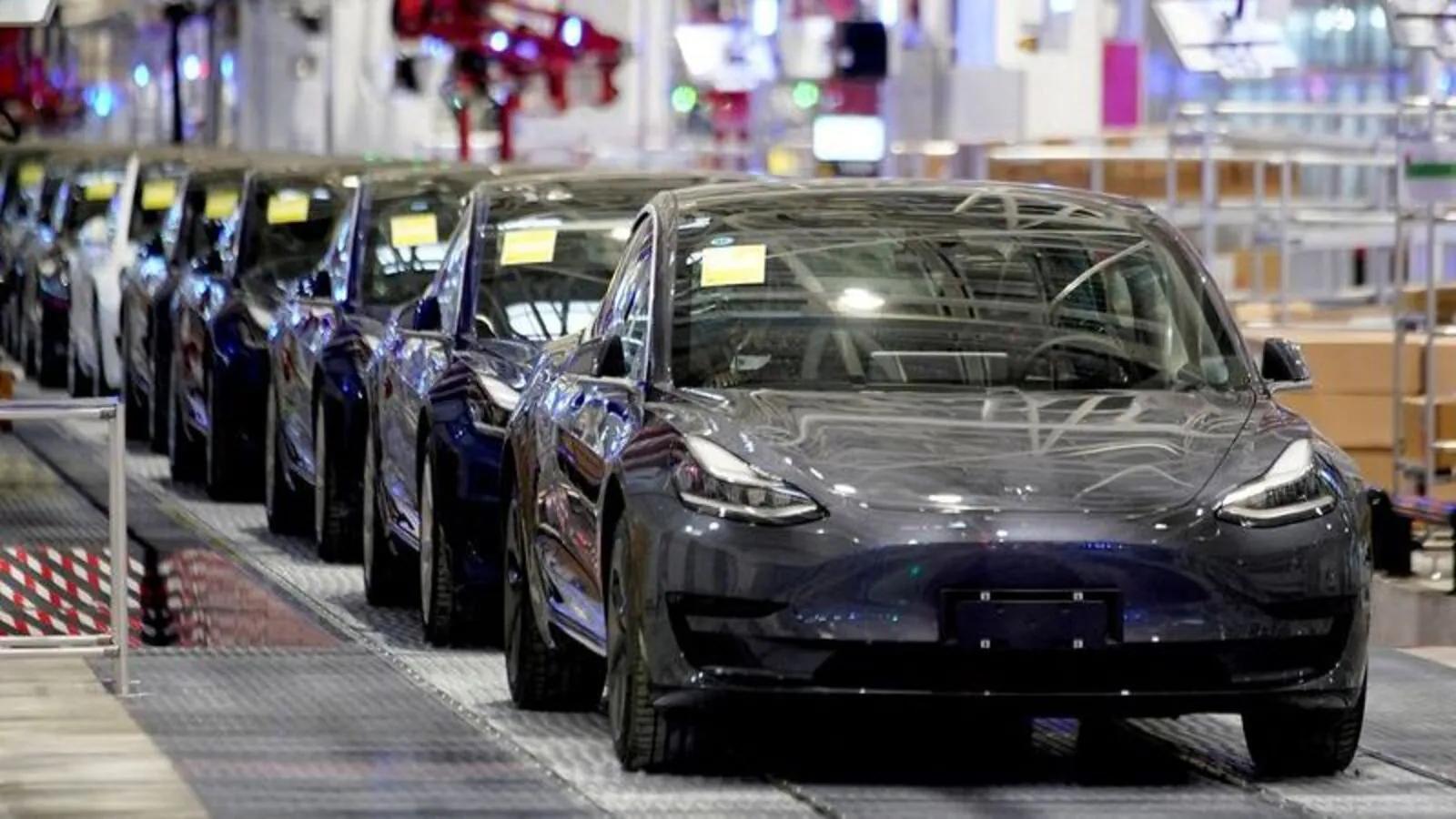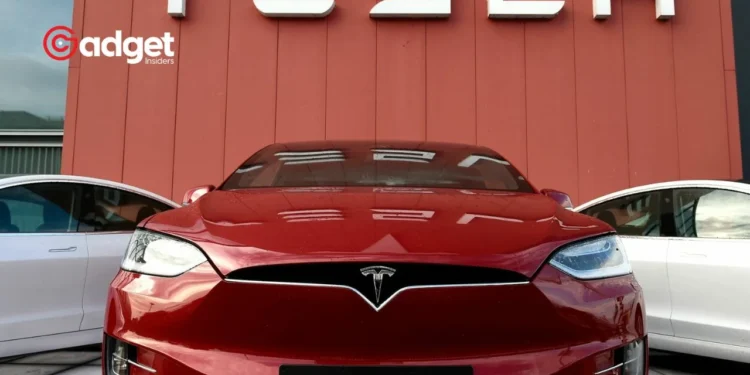Tesla Inc., the electric vehicle (EV) behemoth, has reportedly taken a significant step by reducing its production cadence at the Giga Shanghai plant, marking a pivotal moment for the company in responding to the shifting global EV market dynamics. This move by Tesla, the largest EV manufacturer based in the U.S., is reflective of broader industry trends and signals a potentially transformative period for the electric automotive sector.
Inside Tesla’s Production Adjustment
Giga Shanghai, inaugurated in 2019, stands as Tesla’s premier venture outside of its home turf. This facility not only serves the expansive Chinese market but also caters to several international territories. Renowned for its production of the Model 3 and Model Y vehicles, Giga Shanghai’s capacity to churn out 1.1 million units annually is nothing short of impressive.
However, recent shifts indicate a downturn in the factory’s output, attributed to a strategic reduction in production processes from a potential thirteen to ten shifts.

A Bloomberg report unveils that since the onset of March, the Tesla plant has transitioned to a five-day workweek, a stark contrast from its former 6.5-day schedule. This alteration has resulted in the factory operating ten shifts, reduced from the possible thirteen, highlighting a recalibration in response to the current market demands.
The backdrop to this adjustment is multifaceted, with speculation pointing towards a slackening demand for EVs as the primary catalyst. The Chinese market, a global leader in automotive and EV consumption, is experiencing a deceleration in EV growth, a trend that is causing ripples across the manufacturing landscape.
Tesla, amid fierce competition from both local juggernauts like BYD and international contenders, finds itself at a crossroads, necessitating a nuanced approach to navigate these turbulent waters.

Navigating the EV Market Slowdown
The dip in EV demand is not an isolated phenomenon. Major automakers across the board, including Volkswagen, Ford, and General Motors (GM), have reported a downturn in EV sales, prompting strategic shifts in production. The reasons behind this slowdown are complex and varied.
Government subsidies for EVs, which have been a driving force behind the initial surge in popularity, are becoming less generous, dampening consumer enthusiasm.
Additionally, the segment of early adopters, those quick to embrace EV technology, has largely been saturated, leaving a more hesitant consumer base in its wake.
A report suggests @Tesla has cut production processes in China from a possible 13 to 10.https://t.co/ShDlV1cBPj
— HT Auto (@HTAutotweets) March 26, 2024
Another significant factor is the anticipation surrounding advancements in battery technology. Prospective buyers, aware of the promise of cheaper, more efficient batteries, are opting to wait rather than invest in the current generation of EVs.
This cautious approach is underpinned by the belief that future models will offer superior performance and value, making patience a virtue in the EV acquisition journey.
Despite these challenges, Tesla and its competitors are not standing idle. Aggressive price reductions and enticing offers are being deployed to reignite consumer interest and adapt to the evolving market landscape.
“It’s true, that the pace of EV growth has slowed, which has created some uncertainty. We will build to demand,” GM CEO Mary Barra was quoted as saying by Reuters last month.

The Road Ahead
Tesla’s production scale-back at Giga Shanghai is a testament to the company’s agility and its commitment to aligning production with market realities. This move, while indicative of broader industry trends, also underscores the challenges and opportunities that lie ahead for EV manufacturers.
As the market continues to evolve, so too will the strategies of those seeking to lead the charge in the electric revolution. With a keen eye on advancements in technology and consumer preferences, the journey towards electrification continues, marked by innovation, adaptation, and a relentless pursuit of sustainability.










